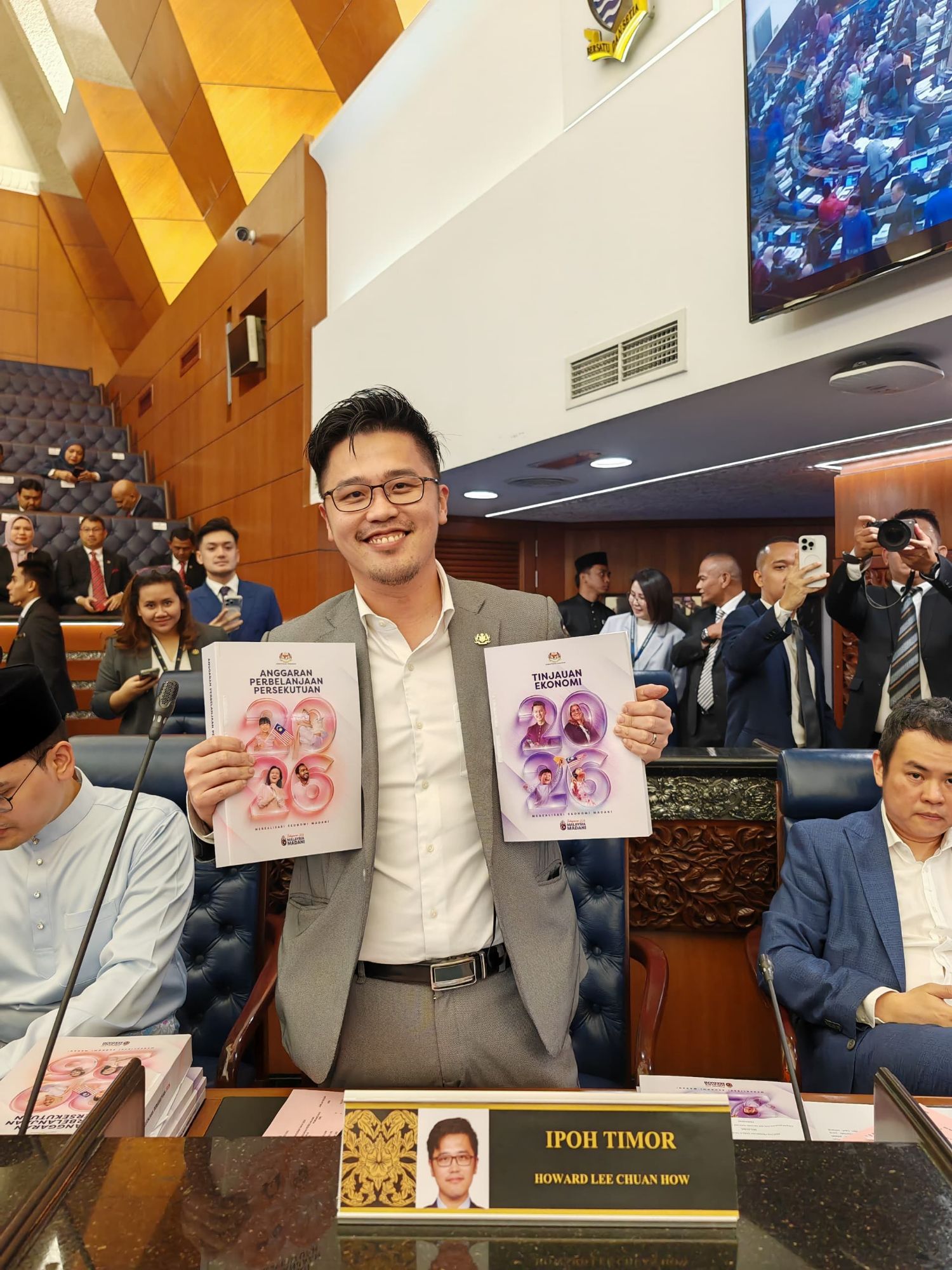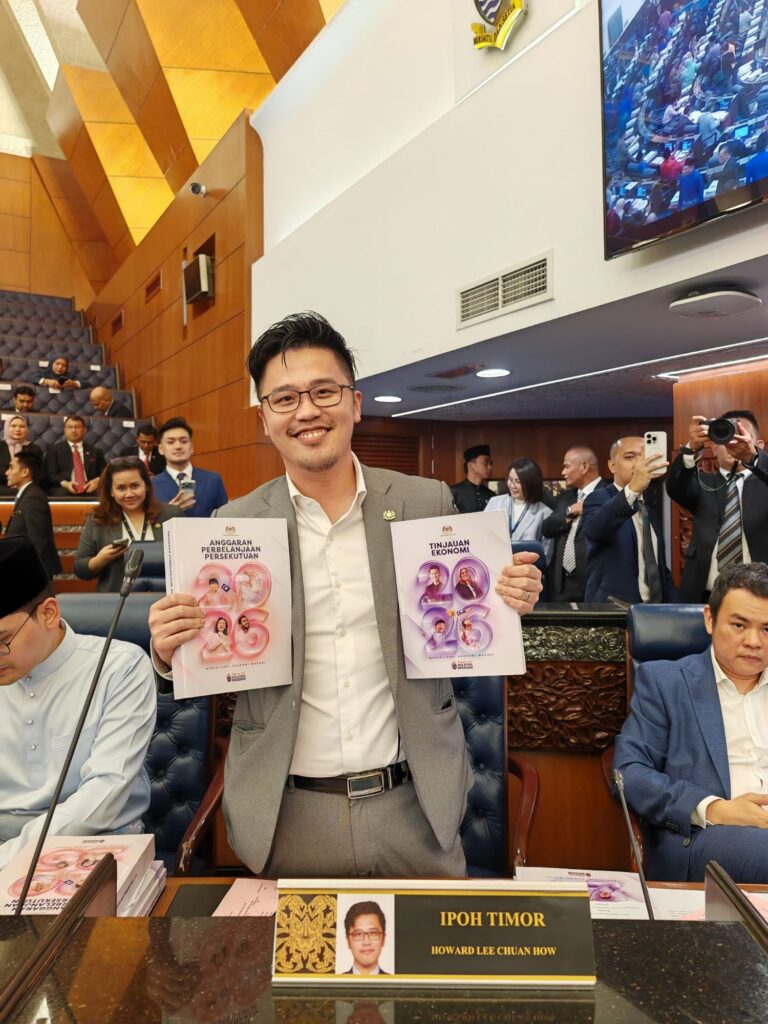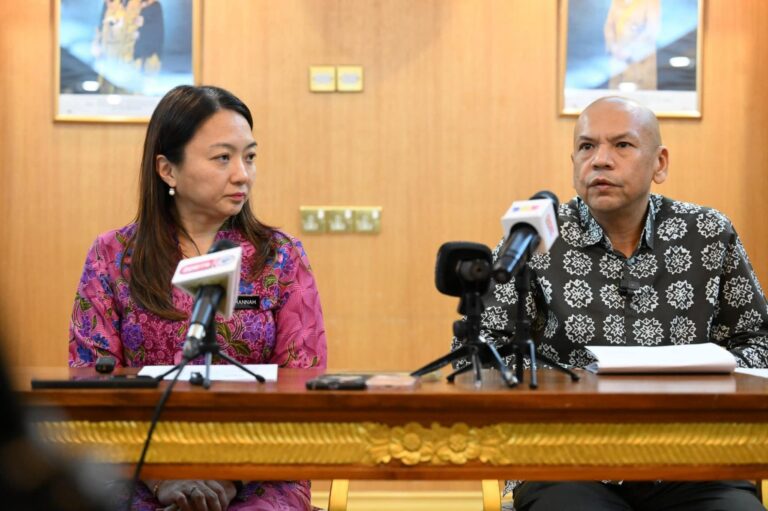
KUALA LUMPUR, MALAYSIA, Oct 10, 2025 – Ipoh Timor MP Howard Lee Chuan How has welcomed the increase in allocation for Technical and Vocational Education and Training (TVET) to RM7.9 billion in the 2026 Budget, viewing it as a historic step to strengthen high-skilled human capital and propel Malaysia toward a high-value and high-income economy.

In a media statement today, Howard, who is also a member of the National TVET Council, emphasized that this substantial allocation is a manifestation of the nation’s determination to produce skilled, high-income, and innovative workers, in line with the “Raising the Ceiling and Elevating the Floor” spirit in the MADANI Economic Framework.
“This step reflects the government’s precise commitment to strengthening high-skilled human capital and elevating Malaysia toward a high-value and high-income economy,” he said, while praising the 2026 Budget’s focus on sectors such as Artificial Intelligence (AI), Electric Vehicles (EV), Semiconductors, New Energy Transition (NETR), and High-Tech Manufacturing.
According to Howard, this alignment demonstrates synergy between industrial and education policies, which can position Malaysia as a regional skills hub, reduce reliance on foreign labor, and enhance the attractiveness of high-quality investments.
Strengthening the Foundations of Technical Education
Howard called for bolstering the foundations of technical education from school to community levels, with the Education and Training sector receiving the highest allocation of RM74.37 billion under the social sector.
“For its impact to be comprehensive, quality improvements must start from the bottom with strategic steps such as vocational education at the secondary level for early career exposure, Community Colleges and polytechnics as retraining centers, and integration of religious school students and special education into the TVET ecosystem,” he added.
He stressed that only with a solid foundational structure can the younger generation be prepared to join high-tech industries with lucrative incomes.
Industry Collaboration as the Key Driver
Emphasizing that TVET is not solely the government’s responsibility, Howard urged local and international companies to become strategic partners, in line with the policies outlined by the National TVET Council (MTVET).
Among the concrete steps proposed are co-designing curricula with industry for market-aligned training, large-scale industrial training and apprenticeship programs, and sharing training facilities and technology with the private sector.
“When government, industry, and educational institutions form a chain of trust and shared responsibility, TVET will become the true engine of the nation’s economic growth,” he said.
MADANI TVET Ecosystem: Inclusive and Sustainable
Howard also commended the 2026 Budget’s largest allocation to Sustainable Development Goal (SDG) 4 – Quality Education (20.6%), positioning education and skills training as the heart of the country’s social and economic development.
Looking ahead, he proposed building a TVET ecosystem that integrates green and digital skills, incorporates AI, robotics, quantum, and semiconductor technologies into curricula, and generates international-standard certifications for Malaysian workers to compete globally.
“I fully support the government’s direction and resolve in the 2026 Budget. With responsible allocations, clear direction, and transparent implementation, TVET will become the bridge between opportunities and prosperity,” he asserted.
The National TVET Council will continue to play its role as a coordinator and policy driver, ensuring every initiative translates into tangible outcomes for youth, industry, and a high-skilled, globally competitive future for Malaysia.













